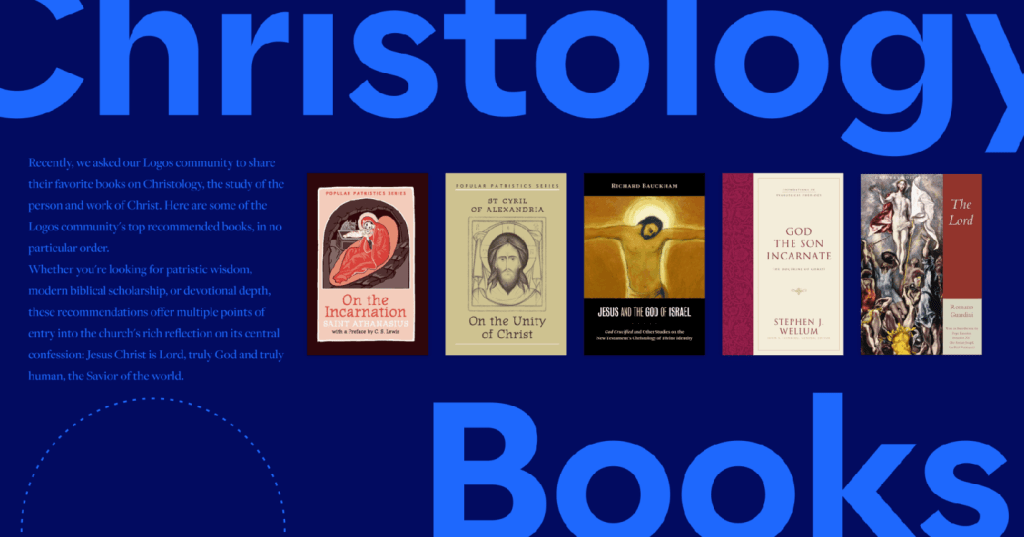
I pooled together some of the top books on Christology as recommended by the Logos community.

I pooled together some of the top books on Christology as recommended by the Logos community.
In this episode of Logos Live, I sat down with Graham Cole to talk about the nature and importance of the incarnation, God the Son become human for us and our salvation.

“It’s the most wonderful time of the year.” Except when it’s not. … Like a magnifying glass, Christmas time not only spotlights what’s already present but enlarges our perception of it. This includes life’s joys—but also life’s sorrows.
In this episode of Logos Live, I sat down with Joel Beeke to talk about the Protestant Reformation—what it was, and why it still matters today.

I pooled together some of the top books on preaching as recommended by the Logos community. I also provided some of my own honorable mentions.